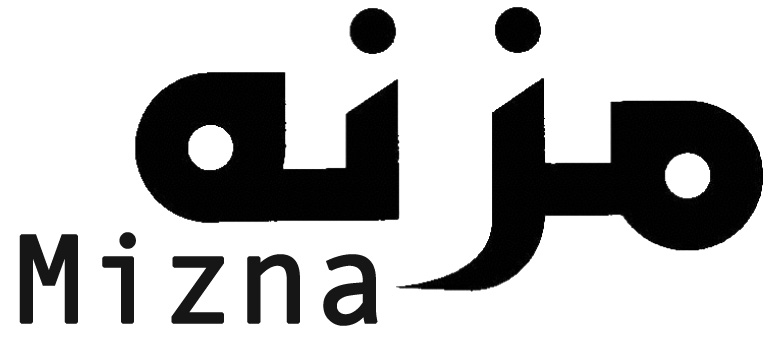In Bruges (2008): Trangressive Comedy, Grim Fairytale
 07-6-2012 | tagged
07-6-2012 | tagged  Brendan Gleeson,
Brendan Gleeson,  British,
British,  Colin Farrell,
Colin Farrell,  Martin McDonagh,
Martin McDonagh,  dark comedy,
dark comedy,  indie film |
indie film |  Post a Comment |
Post a Comment |  Email Article |
Email Article | In Bruges
Note: Considering the tumult of summer and with the allowance I've given myself to write about "related matters," I've decided to post my review of In Bruges, from a few years ago.
“They’re filming midgets,” announces Ray (Colin Farrell) to Glen (Brendan Gleeson) at one point in the juicily macabre comedy In Bruges. He is referring to a film whose set the two had earlier come upon while “nightseeing” in Bruges.
Not Really. No more than is Martin McDonagh, the first time feature director of In Bruges, making a film about midgets. And he certainly isn’t making a film about little people.
But there is a little person in both films, and not simply by the syllogism that a little person appearing in a film being shot within a film would appear in the latter!
In In Bruges, he’s mostly referred to as a midget, a term many of us know is rejected by those who bear dwarfism. “Midget” is not the only politically incorrect term or reference that the film employs to generate laughs; the film assaults black people, obese people, women, priests, Americans, and Bruges itself—sometimes literally!
Do I forgive its doing this? Yes. Do I applaud it for doing this? No. Do I applaud it for getting away with this? Yes.
Oh, so then I must not stand firmly on the side of respect and compassion? Maybe not, but I think that a creative work must be permitted to transgress, assuming it accomplishes at least one of two things: First, it must earn such transgression. And this is a gauge that cannot unfortunately be anything but subjective. In Bruges, I qualify, earns its transgression because its script is so well written. The humour is so incisive that it’s as if the actors’ lines are hacking at us; it is so testing that our guts twist as we second-guess our urge to laugh.
Secondly, a transgressive creative work must, and this strikes me as a necessarily dichotomous mode of assessment, deliver redemption or let us in on its interest in agitating us or do both. In In Bruges, a member of each of two of the assaulted groups of people turns out heroic, one by way of steely determination, the other by way of sheer misfortune. (Spoiler alert: Move on to the next paragraph to avoid it.) As for the killers, they get got.
Moreover, In Bruges certainly lets us in on the artifice that is its very construction. Beside its incorporating a film shoot in its plot, a film that is being shot in Bruges (and in In Bruges) that is referred to by one character as “an homage to Don’t Look Now,” the marvelous Venice-bound psychological thriller, there is a scene wherein Glen is watching Touch of Evil, whose story unfolds near the Mexican-American border. Such references to two noir classics, in which, like in In Bruges, location is as prominent a character as any of the plot populating humans, wryly prod the audience to position In Bruges in the very camp of exotic noir that its mentioned antecedents have come to exemplify.
In Bruges
Colin Farrel’s eyebrows are also a character—the most animated eyebrows I’ve ever witnessed in film. Not that this comes off as a gimmick. It does not because the film regards its characters attentively. There is a scene in which Ray disconcertedly regards himself in the mirror. He then pokes himself in the cheek. What plot related purpose does such a shot serve? None. Why include it then? Because it offers a unique view into a primary character’s mindset. The film feels intimate throughout, though it never feels realistic, in part due to the earlier noted self-exposure in relation to films and filmmaking, and in greater part due to the film’s inexplicable, outlandish ending.
In Bruges
I doubt that the hired assassins in In Bruges speak the way assassins do in real life, but who says that they should? Realism is not a fair standard of excellence, not when realism is not among a film’s operative objectives. I further doubt that director and writer McDonagh would have set the film’s story in Bruges, if he’d been after realism.
“It’s a fairytale town isn’t it?” postulates one of the characters in admiration of the mediaeval city. Indeed, it is. And In Bruges is a fairytale, a grim fairytale.
